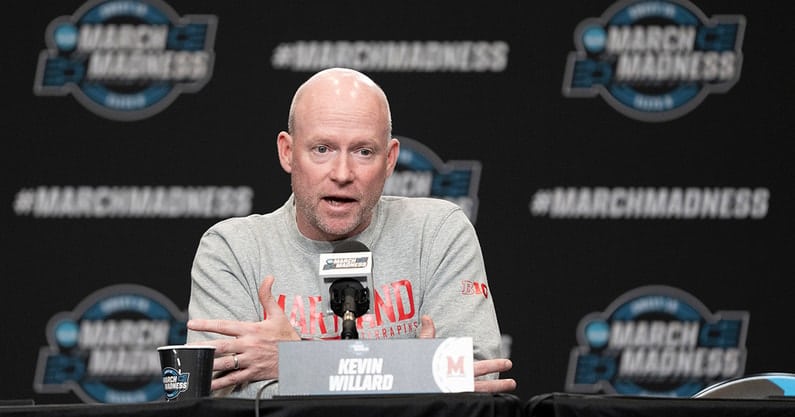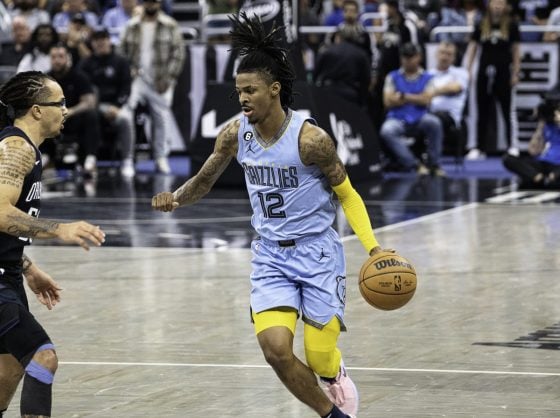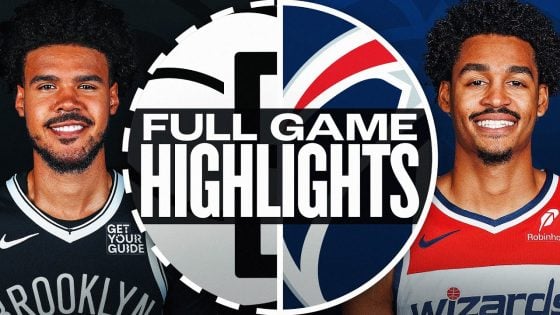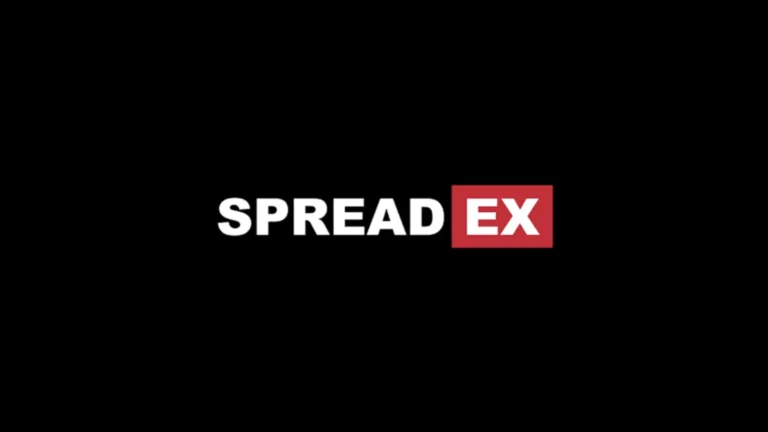
Maryland’s head coach, Kevin Willard, has voiced concerns over transfer portal timing and escalating NIL demands.
As the NCAA Men’s Basketball Tournament progresses into the Sweet 16, teams are not only strategizing for their upcoming games but also contending with the complexities of the transfer portal. The portal opened on Monday, March 24, 2025, initiating a 30-day window that concludes on April 22. This period overlaps with critical postseason play, compelling coaching staffs to balance player retention, opponent scouting, and potential recruitment of transfers—a multifaceted and demanding endeavor.
Kevin Willard’s Candid Remarks on the Transfer Portal
Maryland’s head coach, Kevin Willard, has been outspoken about the challenges posed by the current transfer portal system. In a recent interview with “The Team980,” Willard expressed his frustration:
“The transfer portal is crazy. There are kids asking for $2–3 million right now. The money has exploded… We have no guardrails, no rules. It’s been one of the worst-implemented rules in any sport. Agents are taking advantage of it.”
“The transfer portal is crazy. There are kids asking for $2-3 million right now. The money has exploded crazy because we have no guardrails. We have no rules. It’s been as badly of a rule implemented as ever. And agents are taking advantage of it.”
— Kevin Willard on @team980
— John Fanta (@John_Fanta) March 25, 2025
Willard’s comments underscore the rapid escalation of Name, Image, and Likeness (NIL) deals and the perceived lack of regulation surrounding the transfer process.
The advent of NIL agreements has significantly altered the collegiate athletic landscape. Student-athletes now have the opportunity to monetize their personal brands, leading to substantial financial incentives that can influence transfer decisions. This shift has introduced a quasi-free agency model into college sports, where players may be swayed by lucrative offers from various programs.
Willard highlighted the challenges this presents for programs like Maryland:
“When the portal opens, we’ll be in the same range, but we also want guys who want to be at Maryland, who fit what we’re trying to do, who are great kids with great work ethics. I don’t want to just say, ‘Here’s $2 million,’ and bring in someone who doesn’t fit our culture or what we’re building.”
This sentiment reflects a broader concern among coaches about maintaining team cohesion and culture amidst the allure of substantial NIL deals.
Calls for Regulation and the Path Forward
The current state of the transfer portal has prompted calls for more structured regulations. The NCAA has implemented a 30-day transfer window, but the overlap with postseason play remains contentious. Critics argue that this timing forces teams to divide their focus during critical moments in the season.
Public figures, including former NFL star J.J. Watt, have voiced their concerns. Watt likened the situation to the NFL initiating free agency immediately after Wild Card Weekend, labeling it “preposterous” and suggesting that it undermines the integrity of the sport.
The NCAA transfer portal opening before March Madness ends (same as football portal opening before bowl season ends) is preposterous.
Literally cannibalizing your own sport.
Imagine NFL free agency starting the Monday after Wild Card Weekend…
— JJ Watt (@JJWatt) March 23, 2025
For programs like Maryland, the challenge lies in leveraging the transfer portal to enhance their roster without compromising team dynamics. Willard’s approach emphasizes recruiting players who align with the program’s values and culture, rather than solely focusing on financial incentives.
“We also want guys who want to be at Maryland, who fit what we’re trying to do, who are great kids with great work ethics.”
This strategy aims to build a sustainable and cohesive team environment, even as the external pressures of NIL and transfer opportunities intensify.
The intersection of the NCAA transfer portal and NIL agreements has introduced new complexities into college basketball. Coaches like Kevin Willard are navigating these challenges by advocating for clearer regulations and emphasizing the importance of team culture. As the landscape continues to evolve, finding a balance between embracing player empowerment and maintaining the integrity of collegiate athletics remains paramount.






